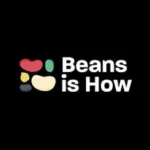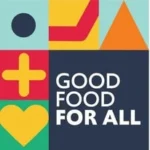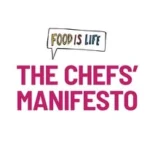Dan Irvine
Senior Director, Health and Nutrition
World Vision International
Tell us in a few words about your organisation.
World Vision is a Christian child-focused relief, development and advocacy international non-governmental organisation working in 100 countries. Health and nutrition are our most significant sectoral investments, and we are proud of our global commitments, for example, to the Every Woman Every Child initiative, N4G, and the World Humanitarian Summit. Whereas during the MDG era, World Vision was very focused on the 1,000-day framework in health and nutrition, today we are advocating holistic child health and nutrition across the lifecycle, including adolescents and women of reproductive age. World Vision’s strengths include a deep and sustained reach into the most vulnerable and fragile contexts and multi-sector assets. We believe and are passionate about nutrition being foundational to all SDG outcomes.
How is your work contributing to SDG 2?
World Vision has diverse direct investments into nutrition, including core programming like IYCF, CMAM, Positive Deviance Hearth, and Infant Feeding in Emergencies; and indirectly through a broad food security portfolio (WFP’s largest NGO implementing partner) including agriculture resilience initiatives like Farmer Managed Resources, school feeding, cash transfers, and livelihood approaches like savings groups and our Ultra-Poor Graduation model. We are also always innovating, for example, with family-led MUAC utilization, integrated CMAM and IMCI mobile apps, addressing child nutrition through maternal mental health intervention, transformational gender approaches and working with influencers like grandmothers! We are strong advocates globally, participating in not only the SDG 2 Hub but also N4G, SUN, the Global Breastfeeding Collective, Infant Feeding in Emergencies working group, ICAN, and the nutrition cluster. We regularly advocate improved nutrition investment and policy in developing contexts, developed contexts and multi-laterally.
What is your best food memory?
I used to teach fish farming in the Republic of Congo and worked at one stage with an elderly farmer, Tata Issiemi. Each week, I’d visit his farm and help with his fishpond construction, and on each visit, his wife would make a meal for us. Unfortunately, that wonderful woman passed away during that project, and afterwards, Tata Issiemi took to going to the local market to buy dried fish for us to eat, which we ate dry out of a paper wrapper. It was kind of crazy, but I took a liking to it, perhaps mostly due to the gesture. We finished that pond, and Tata Issiemi was successful as a fish farmer – one of the best I worked with.
What else would you like to share with other Hub members?
Malnutrition is an unacceptable scourge on humanity in our generation. It is an unnecessary pandemic for which we have cures but not enough political will and prioritisation. No child should be hungry or malnourished in 2019, and we shouldn’t sleep until this is no longer the case.



